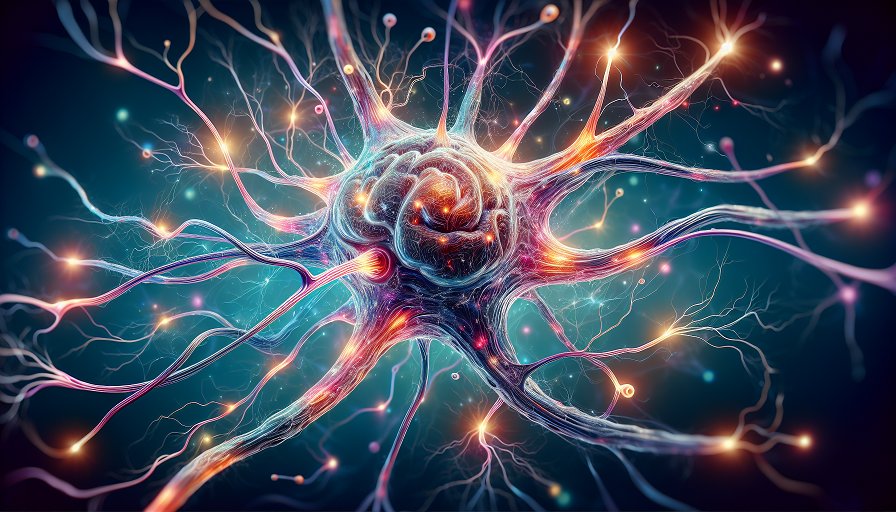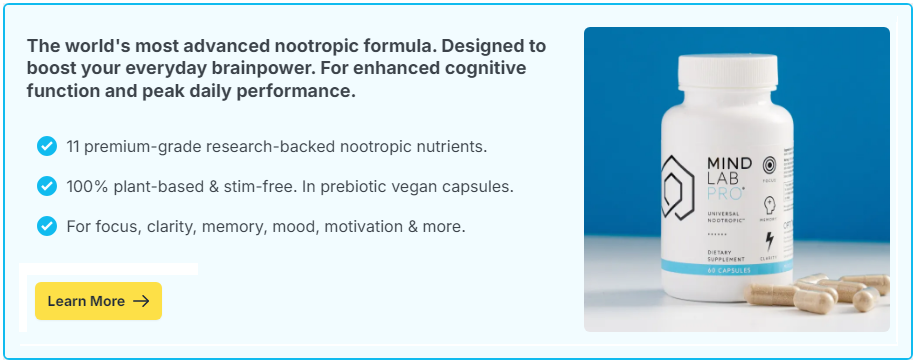
Our brains are incredible machines, capable of understanding complex ideas and turning them into creative expressions. One intriguing way this manifests is through abstract art, a unique art form that challenges our conventional thinking. Abstract thinking, which involves seeing beyond the literal meaning, plays a key role in creating and appreciating abstract art.
Contents
What is Abstract Thinking?
Abstract thinking is the ability to understand concepts that are not tied to concrete objects or events. It’s about seeing connections, patterns, and possibilities rather than focusing solely on tangible details. This type of thinking enables us to envision what could be, instead of just what is. For instance, when you solve a riddle or explore philosophical ideas, your mind is engaging in abstract thought.
Abstract Thinking in Everyday Life
Although it might sound elusive, abstract thinking is something we use regularly. Here are a few everyday scenarios where abstract thinking comes into play:
- Considering future possibilities and making plans.
- Understanding emotions and interpreting body language.
- Engaging in metaphorical or symbolic thinking, like saying “time is money”.
- Recognizing the underlying theme or message in a movie or song.
As you can see, abstract thinking is an essential skill that helps us make sense of the world in a more comprehensive and nuanced way.
The Connection Between Abstract Thinking and Abstract Art
Abstract art is art that does not attempt to represent external reality directly but uses shapes, colors, forms, and gestural marks to achieve its effect. This form of art thrives on abstract thinking, as it often leaves viewers to interpret the work in their own way. Unlike realistic art, abstract art relies less on the object’s physical appearance and more on emotional expression and the imagination’s boundless potential.
How Artists Use Abstract Thinking
For artists, abstract thinking is a powerful tool. It allows them to break free from the constraints of traditional representation and explore the realms of creativity. Here’s how abstract thinking fuels their creative process:
- Innovation: Abstract thinking encourages artists to experiment with new techniques, leading to unique styles and groundbreaking art.
- Expression: Artists use abstract thinking to convey complex emotions and ideas that may be difficult to express with realistic imagery.
- Interpretation: By viewing art through an abstract lens, artists can see multiple interpretations, enriching their creative expression.
As artists dive into their imagination, they create works that invite viewers to engage their abstract thinking to uncover personal meanings.
Training Your Brain to See Differently
Boosting your abstract thinking skills can enhance your appreciation of abstract art and expand your cognitive abilities. Here’s how you can train your brain to see differently:
Embrace Curiosity
Stay curious about the world around you. Ask questions and seek out new experiences. The more you learn and explore, the better your brain becomes at connecting ideas in novel ways.
Engage in Creative Exercises
Activities like drawing, writing, or playing a musical instrument all encourage abstract thinking. These exercises require you to think outside the box and make unexpected connections.
Challenge Conventional Thinking
Break free from routine by challenging conventional notions. Whether it’s solving puzzles, debating different viewpoints, or considering absurd scenarios, stretching your brain in new directions nurtures abstract thinking.
Explore Abstract Art
Spend time observing abstract art. Reflect on your reactions and interpretations. Consider how colors, shapes, and forms affect your emotions and thoughts. This practice can deepen your understanding of art and improve your abstract thinking skills.
Practice Mindfulness
Mindfulness practices such as meditation can help calm your mind, providing a clearer space for creativity. By reducing distractions, you create more room for new ideas and perspectives to emerge.
Brain Supplements and Abstract Thinking
Another avenue to consider while enhancing your abstract thinking is through the use of brain supplements. These supplements—often comprised of ingredients like omega-3 fatty acids, Ginkgo Biloba, and L-theanine—are designed to support cognitive function, improve memory, and increase focus. While they are not a substitute for a healthy lifestyle, brain supplements can complement a balanced diet and regular mental exercises to boost your brain’s overall capabilities. By enhancing the brain’s neuroplasticity and synaptic function, these supplements could potentially aid in more flexible and creative thinking, thereby supporting endeavors such as abstract art creation and appreciation.
Integrating brain supplements into your routine, alongside other strategies like engaging in creative exercises and exploring new ideas, could optimize your brain’s performance.
The Impact of Enhanced Abstract Thinking
Developing your abstract thinking abilities has far-reaching benefits beyond art appreciation. It can improve problem-solving skills, enhance interpersonal relationships through better emotional understanding, and foster more innovative and creative approaches in various fields. Whether you’re tackling a math problem, designing a project, or navigating social interactions, abstract thinking can offer fresh insights and solutions.
By training your brain to see beyond the obvious, you open up a world of possibilities. Abstract thinking empowers you to view life with a broader perspective, making connections between seemingly unrelated things and discovering new meanings everywhere you look. So, take the time to nurture this vital cognitive skill, and watch as your mind becomes a canvas for creativity and profound understanding.

